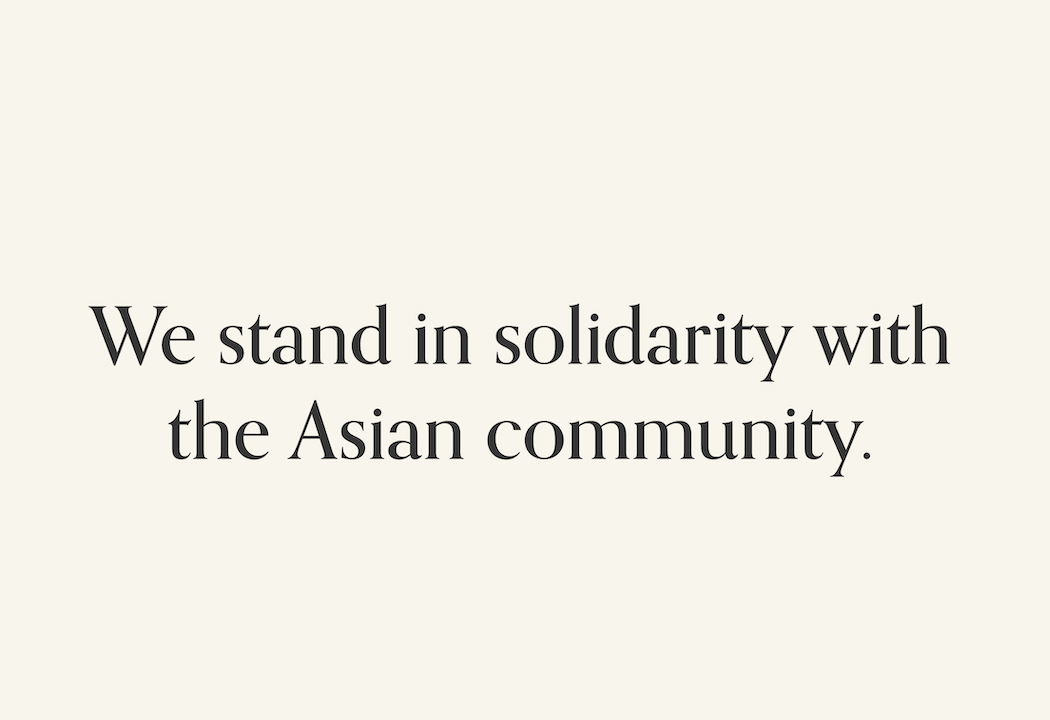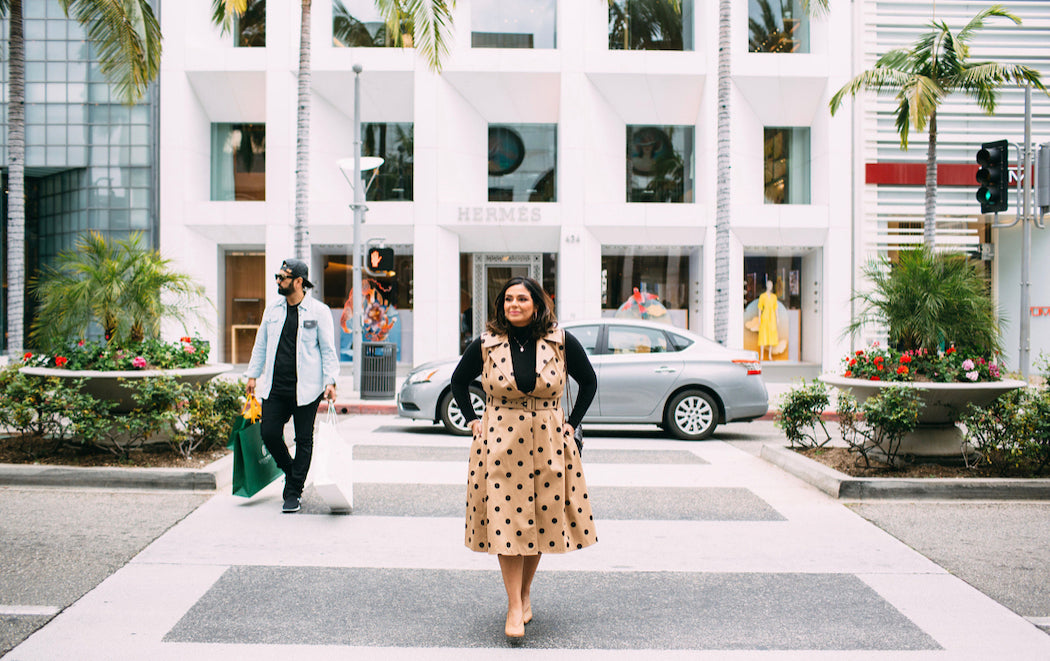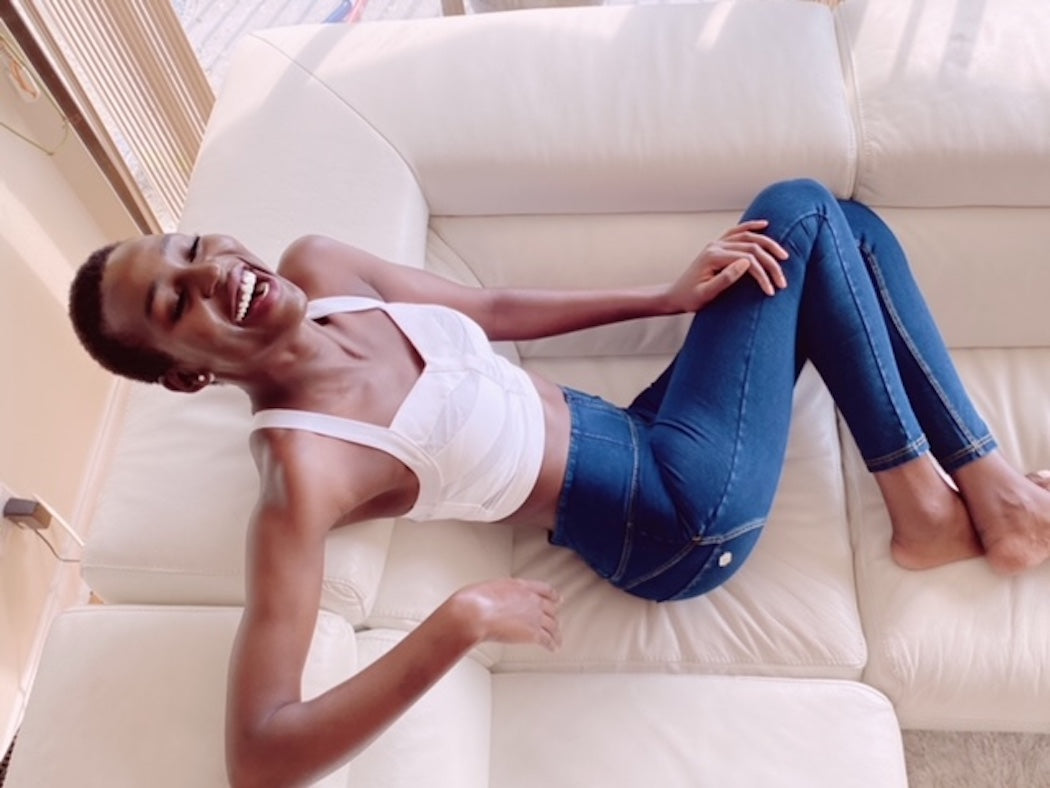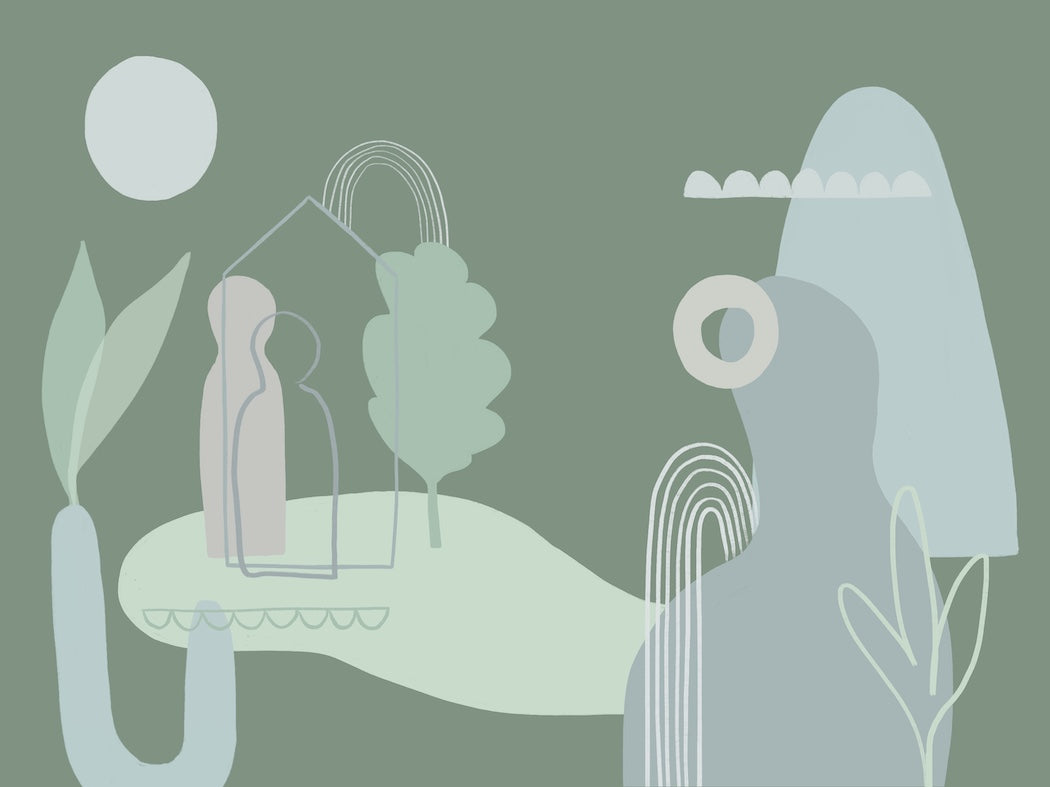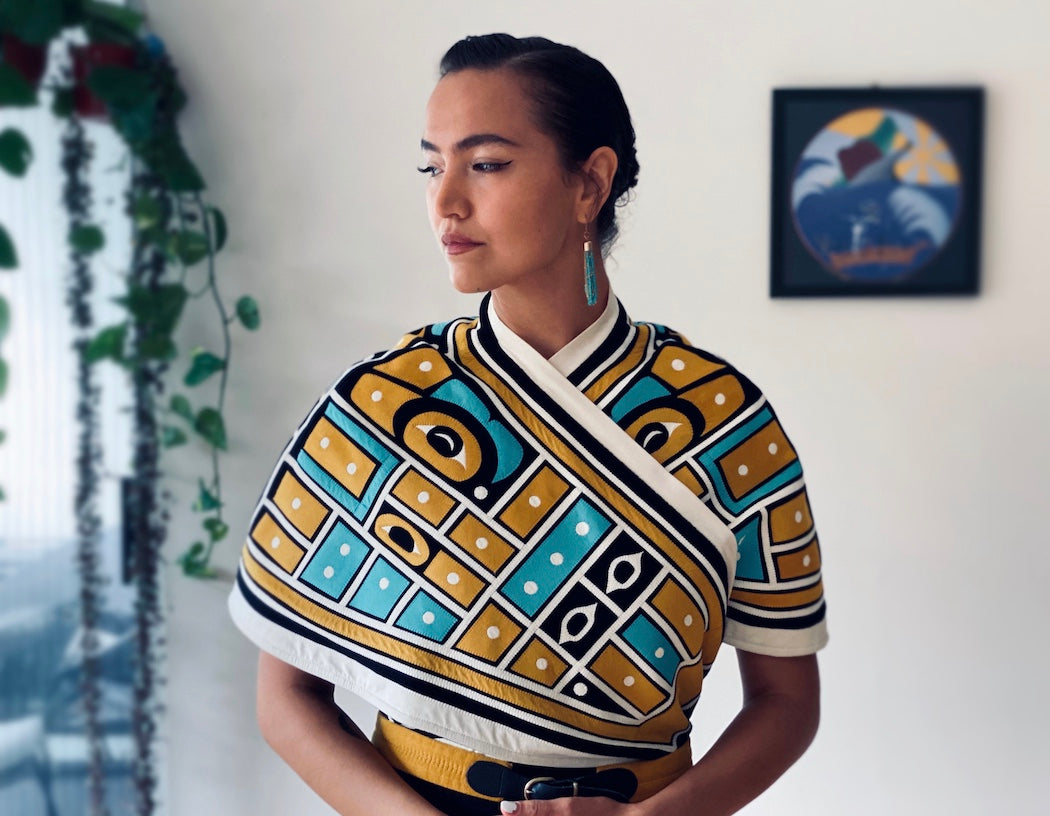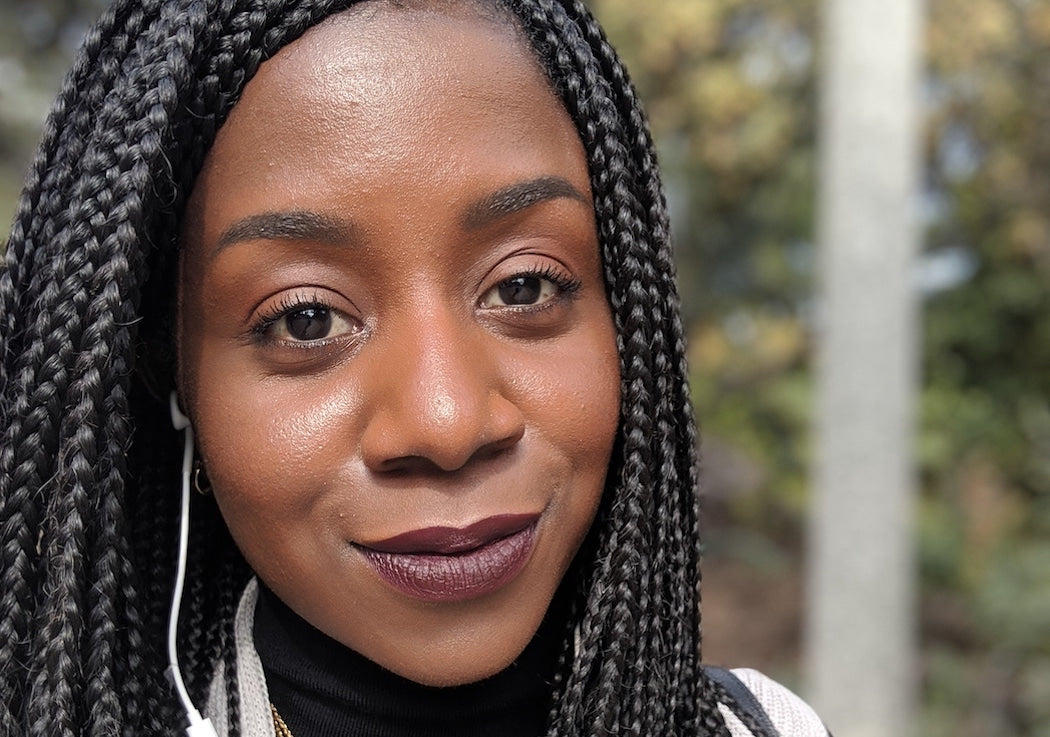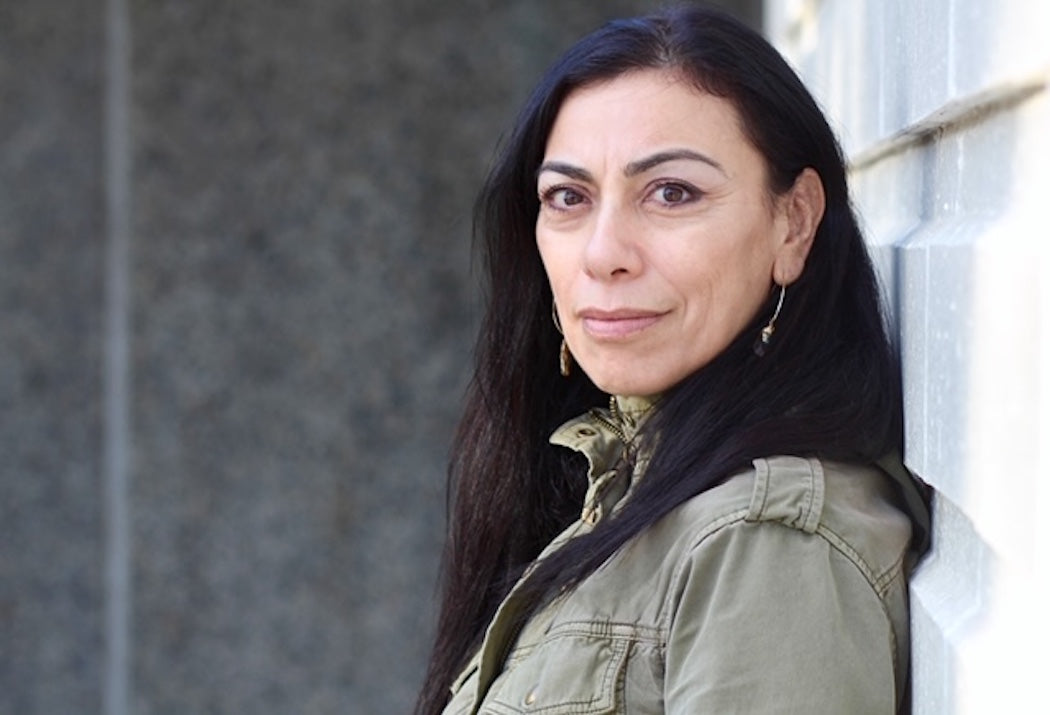American writer Robert Orben once said, “If you think education is expensive, try ignorance.” It cuts right to the gut: no matter how much it costs to educate ourselves and our communities, it’s worth it—because the opposite is far worse. After all, education is empowerment.
Mackenzie Davis believes this to her core. The actress—known for her roles in shows like Black Mirror and Halt and Catch Fire, as well as in films including Blade Runner 2049 and Terminator: Dark Fate—has used education as a tool for her own betterment since she was young. And her belief in its importance, especially for young girls in developing countries where access to school varies greatly, is what prompted her to take on an ambassador role with Vancouver-based charity One Girl Can.
“On a very basic level, it’s a human right that girls and boys should have access to opportunities for education,” she says via phone from her home in Los Angeles. “There are inequalities all across the world, but basic equality would be having access to the same opportunities. And I think correcting gender inequality and representation in business, in government, in medicine—in every single field—will lead to innovative approaches to old problems.”
Born and raised in Vancouver, Davis is the daughter of Lotte Davis, who founded One Girl Can in 2008 in order to build schools and provide education opportunities and mentorship to underserved girls in Kenya and Uganda. And though Davis has supported her mother’s charity since the beginning by sponsoring girls and travelling to Africa, she decided more recently to take on a larger ambassador role; that included a trip to Kenya in September 2019, which opened her eyes to the true depth and breadth of the non-profit’s profound impact.

“Going to Kenya with them was amazing because I got to see how the whole thing operated,” she reflects. “We were talking to headmistresses and finding out what’s working and what’s not working, and how can we help more? It’s really taking a granular approach to the problems, and not coming in with answers but just questions: ‘What can we do to help the girls in the program?’”
Something that sets One Girl Can apart from other organizations is its truly holistic approach to learning. That means aside from building schools and offering scholarships, the charity provides mentorship and workshops, and really invests in each individual girl by understanding her unique needs and providing support every step of the way. “It’s really similar to the way my mom and dad approached me and my sister in school,” Davis says. “Combing through report cards: ‘Your grades dropped a bit here, what do you think happened? What can we do to help?’ It’s not this abstract, faraway thing. People are charting their progress and investing in them.”
There is profound power in knowing that someone believes in you. For these girls, the continued support of One Girl Can—which is hosting its annual fundraising gala digitally this year, on June 4, 2020—has allowed them to find incredible inner confidence and remain focused on their goals. Davis has been able to witness this shift firsthand; when she made a trip to Kenya a few years ago, the girls she met were shy and timid. “Then I went and visited their school in September last year—two years from the time I first met them—and they had blossomed into women,” she recalls. “They were gregarious and outgoing; they couldn’t wait to tell me about their studies, what they wanted to be.” One girl, Pauline (described by Davis as having a voice as good as Rihanna’s), sang Davis a song in the middle of the school cafeteria.
“They were excited to be learning, excited to be dreaming about the future. You just see what a network of support and belief and commitment can do to a person’s life when they don’t feel alone or burdened by the impossibility of dreaming of a life outside [their current situation],” she says. “I think that individual experience really reconfirmed my belief in education and in a community that supports women.”
Davis’ own learning path took her to McGill University in Montreal, where she received a degree in English literature with a minor in women’s studies. That time was incredibly formative for her, even though she wasn’t studying acting.
“My career is not one that really requires a degree or any education specifically, but I find that the process of having gone through university, and being made to think in a field that I don’t work in and really pursuing that, made me so confident in my mind and my ability to process thoughts independently,” she says. “There’s just no world in which education doesn’t help enrich your life. And it doesn’t have to be higher education—that’s not possible for everyone—but I think access to school and to people who pushed me and made me think harder has made my life so rich. And I really think everybody deserves those same opportunities.”
At the end of the day, that’s truly what it’s all about: giving everyone a fighting chance to better themselves and better the world. “I don’t believe in any hierarchy of the sexes, but I do believe if you invest in new voices, they’re going to bring a new point of view,” asserts Davis. “I think educating girls, investing girls, supporting girls to push forward in fields they’ve been excluded from will benefit all of us. We’re investing in our own future.”

